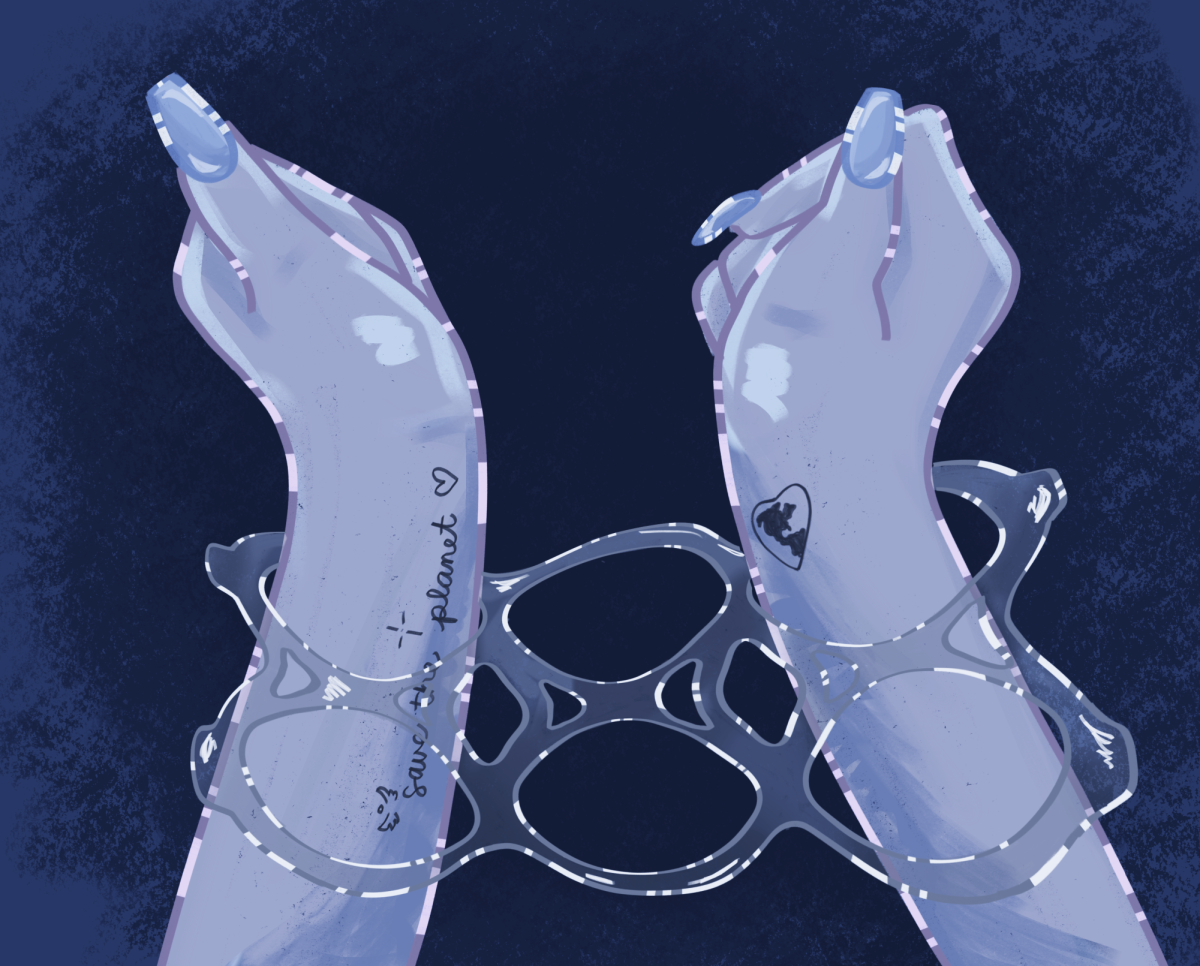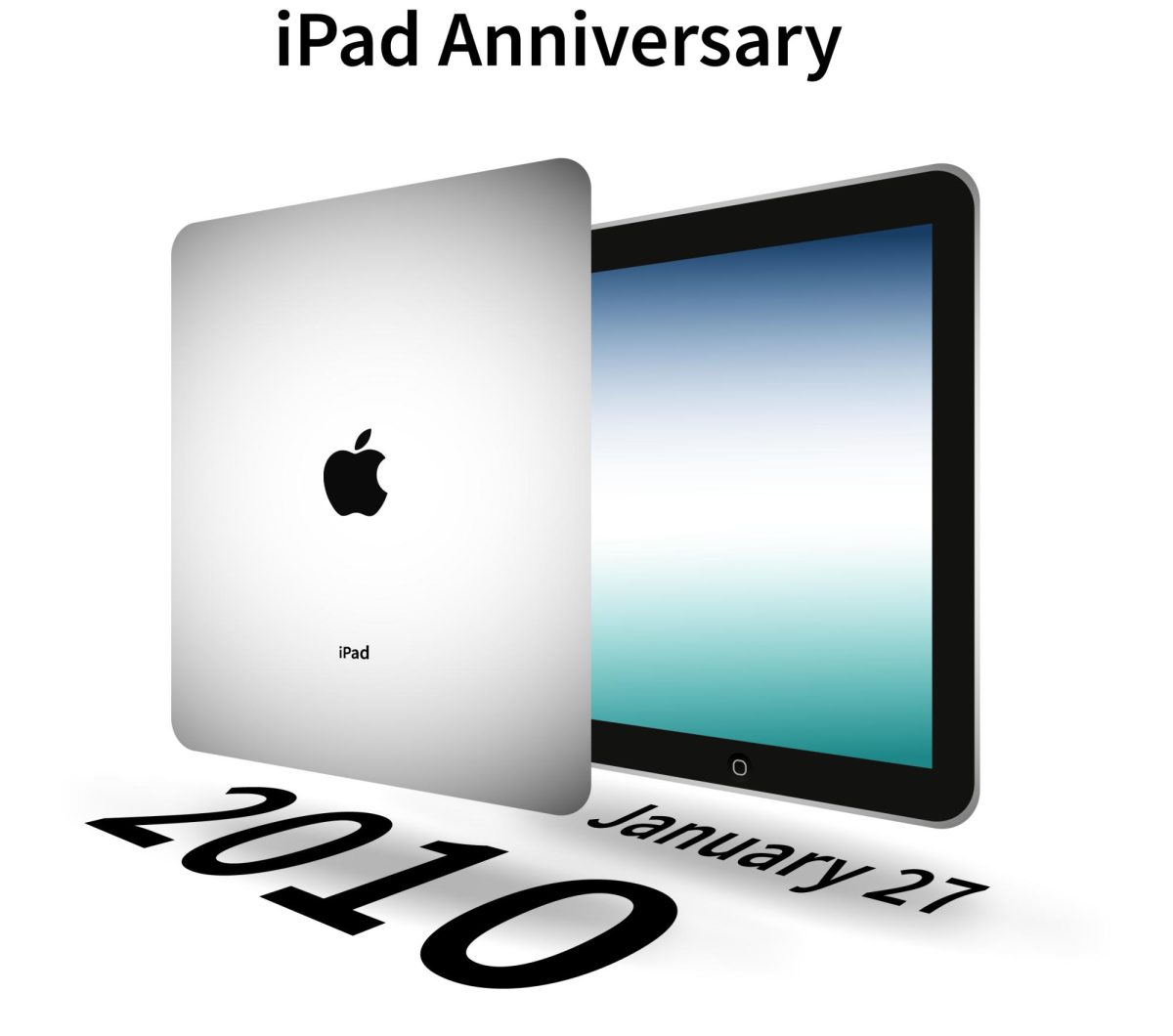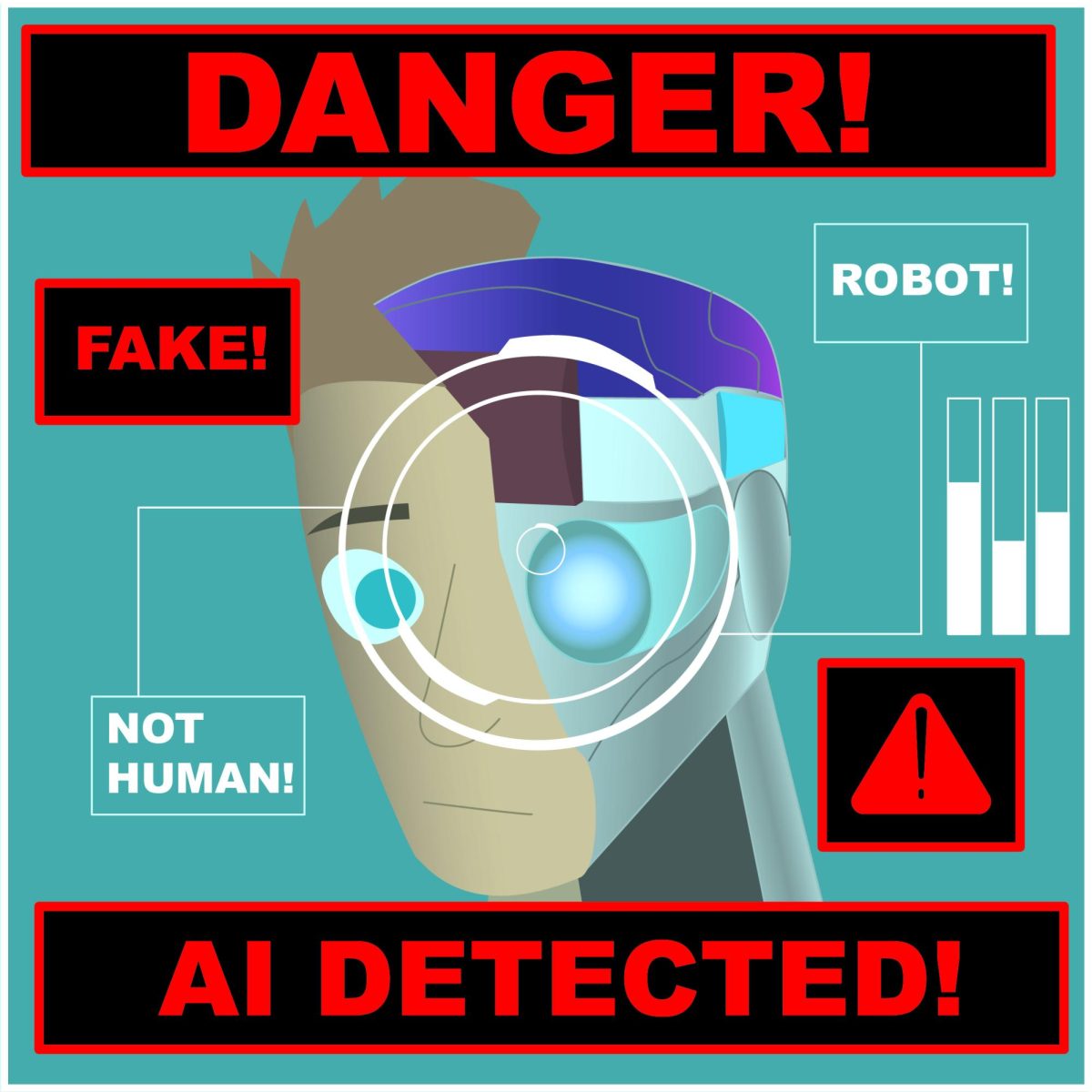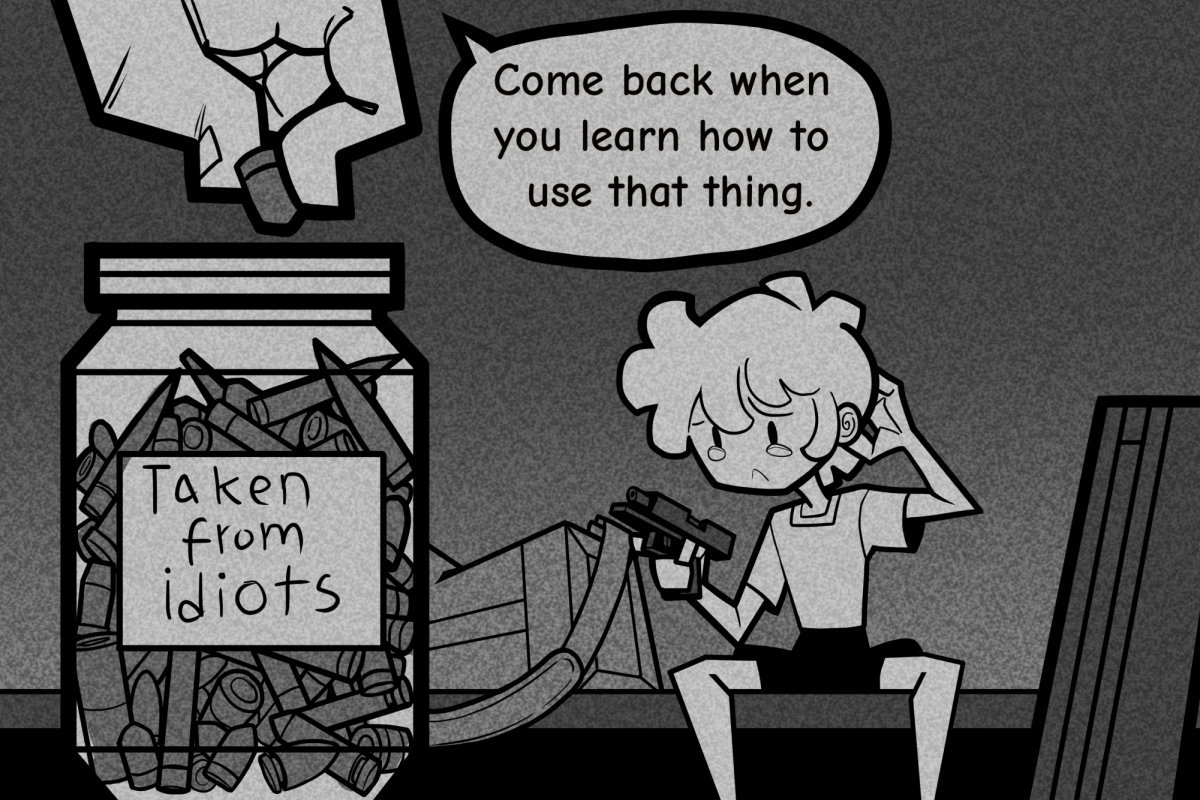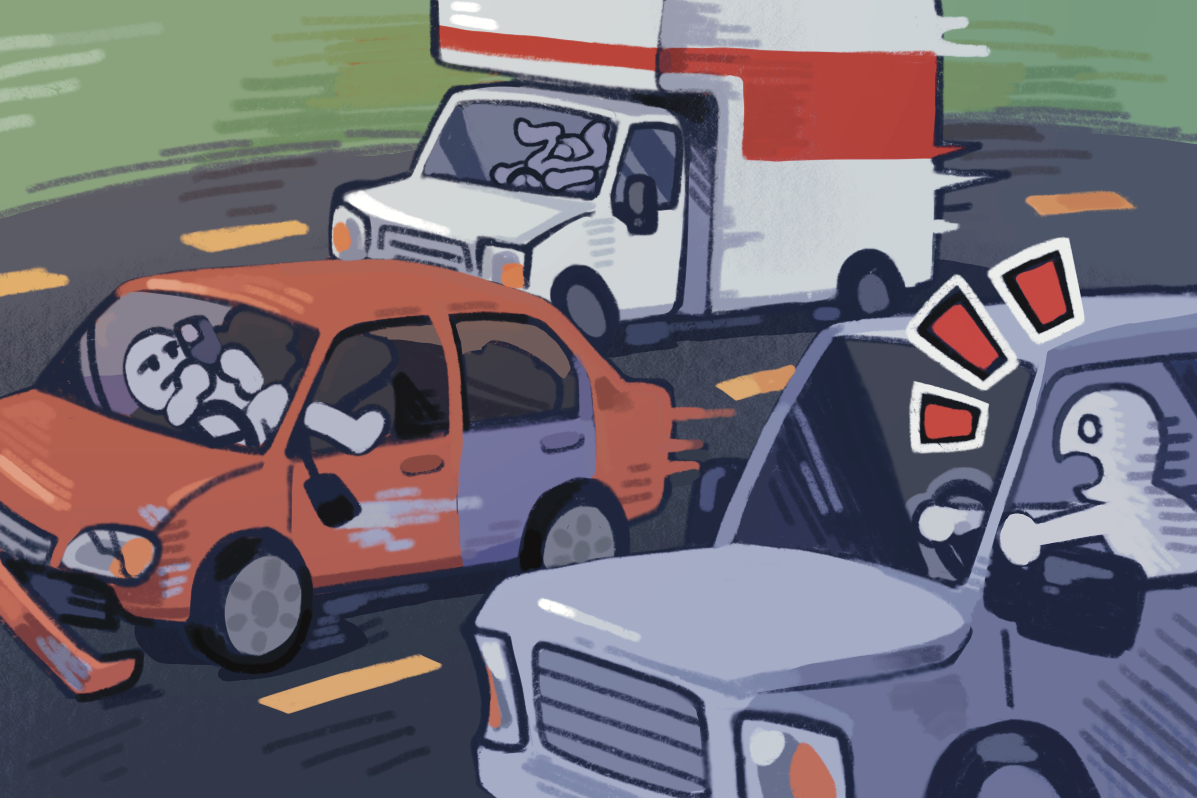I can’t help but think about how cruel and indifferent people must be to aimlessly use nonbiodegradable materials and not think about the consequences. What they don’t realize is that plastic hurts humans as well.
Every year, 400 million metric tons of plastic waste are produced worldwide, most of which is generated here in the United States. A quarter of this is attributed to plastic bags and bottles, according to Greenmatch. The official Earth Day website estimates that if this problem isn’t dealt with soon, by 2050, the amount of plastic in the ocean will be more than the combined weight of all the fish in the ocean.
Bisphenol A, diethylhexyl phthalate and other chemicals are added to plastic to make it more durable. These materials emit dangerous pathogens such as carcinogens, hormone disruptors and neurotoxins. Plastic production also produces more than 2.8 gigatons of greenhouse gas emissions per year, according to the Center for International Environmental Law.
Every day, more plastic is dumped into rivers, lakes and oceans. This alters habitats and reduces an ecosystem’s ability to adapt to climate change, which causes loss of animal life and the poisoning of soil and groundwater. Several organizations around the world are committed to reducing plastic use by 2040, and there are ways that Eastfield students can help as well.
One way anyone can help combat plastic pollution is by recycling. This is probably the easiest method and takes the least effort. Not only that, but recycling can also create jobs, boosting the economy. In fact, according to the Environmental Protection Agency, recycling activities in the U.S. accounted for over 600,000 jobs, and more than $37 billion in wages.
Another way to stop pollution is by abstaining from products that use microbeads, tiny plastic spheres used to make cosmetics and hygienic products. The problem is that they don’t dissolve in water, which can cause them to be eaten by marine life. When humans eat fish tainted with microbeads, it can cause neurotoxicity, metabolism alteration and even increased risk of cancer.
A third way that Eastfield students can help in the fight for the environment is by participating in environmental cleanup efforts. As we speak, people are coming together to pick up trash in bodies of water. If there aren’t any cleanup efforts nearby, go pick up trash in a park.
Everyone knows that the environment needs help, but most people choose to do nothing. This planet isn’t just for humans. It has millions of plants, animals and ecosystems that need our help to thrive.

